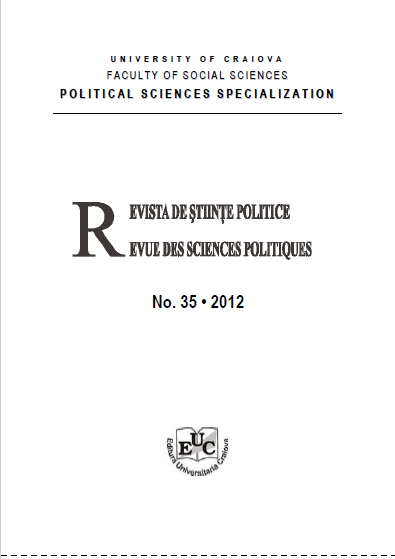Is the European Welfare architecture possible?
Is the European Welfare architecture possible?
Author(s): Octavian GRUIONIUSubject(s): Welfare systems, EU-Accession / EU-DEvelopment
Published by: Editura Universitaria Craiova
Keywords: the welfare state; the European Union; the social Europe; the welfare state crisis; the European welfare architecture;
Summary/Abstract: is obvious that the existing economic crisis influenced the decline of the welfare state, which appeared at the end of the ‘80s. More and more voices, autochthonous inclusively, question the viability of the European social architecture and suggest a significant reduction of the state role within economy and society. More than that, there have been debates not only upon a possible cessation of the providential state, but also connected with the necessity of a rapid transformation of the European Union into a federation similar to the U.S., following exclusively libertarian policies. In this abstract, we want to prove that, although we have stepped into an era of serious confrontations between powerful rival forces, the idea of launching out a new type of welfare society is increasingly up-to-dateness. Therefore, our debate is not based on the idea of abandoning the social assistance programs, but on the efficiency of the existing ones, which are completely discordant with the challenges of the advanced economies of the 21st century. In fact, we must not forget that the most valuable resource which is needed to a great extent in order to provide a dynamic and competitive economy of knowledge, is the human being.
Journal: Revista de Științe Politice. Revue des Sciences Politiques
- Issue Year: 2012
- Issue No: 35
- Page Range: 360-371
- Page Count: 12
- Language: English

